In today’s fast-paced world, women’s health issues like PCOD and PCOS are becoming increasingly common. These conditions affect hormonal balance, menstrual cycles, fertility, and overall well-being. Many women often search for PCOS treatment near me to find reliable medical help but before seeking treatment, it’s essential to understand the difference between PCOD and PCOS, their symptoms, and which one is more concerning.
What Are PCOD and PCOS?
Both PCOD (Polycystic Ovarian Disease) and PCOS (Polycystic Ovary Syndrome) affect the ovaries, but they are not exactly the same.
- PCOD (Polycystic Ovarian Disease):
This occurs when a woman’s ovaries release a lot of immature or partially mature eggs that turn into cysts. It’s mainly a lifestyle-related disorder caused by poor diet, stress, and hormonal imbalance. - PCOS (Polycystic Ovary Syndrome):
PCOS is more severe than PCOD. It’s a hormonal disorder where the body produces higher-than-normal male hormones (androgens). This affects ovulation and can cause irregular periods, infertility, and other health issues like insulin resistance and weight gain.
PCOD or PCOS Which Is More Dangerous?
Many women wonder: “PCOD or PCOS which is more dangerous?”
While both can disrupt your reproductive health, PCOS is considered more serious because it is a metabolic and hormonal disorder that can lead to long-term complications like:
- Type 2 diabetes
- Heart disease
- Infertility
- High cholesterol
- Depression and anxiety
- Endometrial cancer (in rare cases)
PCOD, on the other hand, can often be managed with simple lifestyle changes, a balanced diet, and regular exercise. PCOS usually requires medical treatment, hormonal regulation, and lifestyle modification.
Symptoms of PCOD and PCOS
The symptoms of both conditions often overlap, which makes diagnosis tricky. Here are some common signs:
- Irregular or missed periods
- Excessive hair growth on the face or body
- Acne and oily skin
- Weight gain, especially around the abdomen
- Hair thinning or hair loss
- Difficulty conceiving
If you are experiencing two or more of these symptoms, it’s best to search for PCOS treatment near me and consult a gynecologist or endocrinologist.
Causes of PCOD and PCOS
The exact causes are not fully understood, but some factors include.
- Hormonal imbalance (especially high androgens)
- Insulin resistance
- Unhealthy lifestyle and poor diet
- Stress and lack of physical activity
- Genetic predisposition
Diagnosis and Medical Evaluation
Doctors usually diagnose PCOS or PCOD through:
- Physical examination (checking symptoms and weight)
- Blood tests (to assess hormone levels)
- Ultrasound scan (to detect cysts in ovaries)
Timely diagnosis is crucial because early treatment can prevent complications and help restore hormonal balance.

Finding the Best PCOS Treatment Near Me
When searching for PCOS treatment near me, look for a clinic or specialist who provides a comprehensive approach including:
- Hormonal therapy: To regulate menstrual cycles and reduce symptoms.
- Diet and lifestyle management: Customized diet plans to balance insulin and hormone levels.
- Ayurvedic and herbal therapies: Natural approaches that help balance hormones without side effects.
- Fertility support: For women facing difficulties conceiving.
- Emotional counseling: To help manage stress and mental health issues associated with PCOS.
At Dr. Monga Medi Clinic, experienced doctors provide holistic PCOS and PCOD management. They focus on identifying the root cause and using a blend of Ayurvedic and modern treatment methods for long-term relief.
Lifestyle Tips to Manage PCOD and PCOS Naturally
- Maintain a balanced diet:
Include fruits, vegetables, lean proteins, and whole grains. Avoid sugary and processed foods. - Exercise regularly:
Physical activity helps regulate insulin levels and reduce weight. - Manage stress:
Practice yoga, meditation, or deep breathing exercises. - Get proper sleep:
Aim for 7–8 hours of quality sleep to balance hormones. - Avoid smoking and alcohol:
Both can worsen hormonal imbalance and inflammation
Natural Remedies for Supportive Care
While medical treatment is essential, natural remedies can help support recovery:
- Fenugreek seeds: Help improve insulin sensitivity.
- Aloe vera juice: Aids hormonal balance.
- Cinnamon: Regulates menstrual cycles.
- Spearmint tea: Reduces androgen levels and excess hair growth.
However, always consult your doctor before starting any home remedy.
Complications if Left Untreated
If PCOS or PCOD is not managed properly, it can lead to:
- Irregular menstrual cycles and infertility
- Obesity and diabetes
- Sleep disorders
- Heart-related problems
- Increased risk of endometrial cancer
Early diagnosis and treatment can prevent these complications effectively.
When to See a Doctor
You should consult a specialist immediately if you experience:
- Missed or irregular periods for more than 3 months
- Unexplained weight gain
- Excess facial hair or hair loss
- Difficulty conceiving
- Persistent acne or oily skin
A professional consultation can help diagnose the problem accurately and start proper treatment.
Conclusion
PCOD and PCOS are common yet manageable conditions with the right guidance, care, and treatment. Understanding the difference between them is crucial to addressing the root cause effectively. While PCOD is milder and easier to control, PCOS can be more dangerous if ignored.
If you’re searching for PCOS treatment near me, consider consulting the experts at Dr. Monga Medi Clinic, where experienced doctors offer personalized, holistic, and result-oriented treatments to restore hormonal balance and improve your overall health naturally.
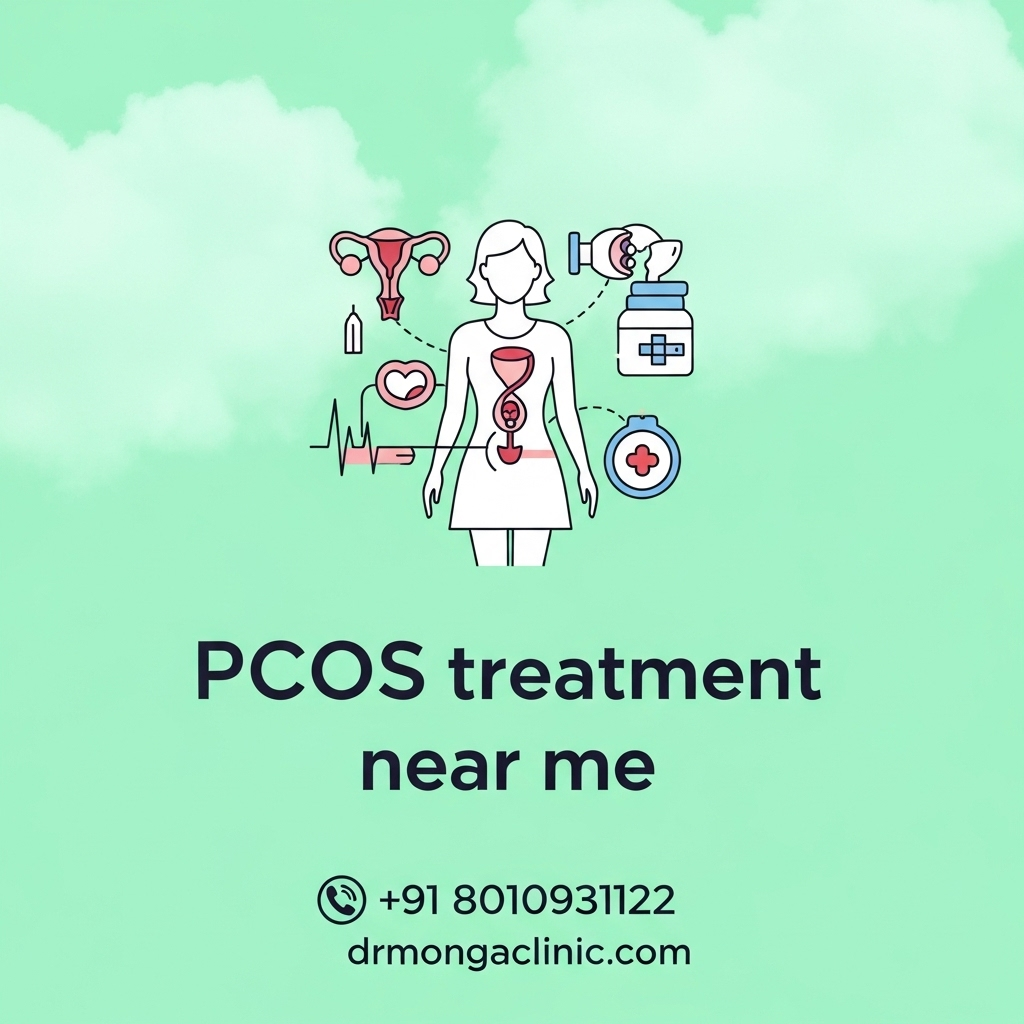
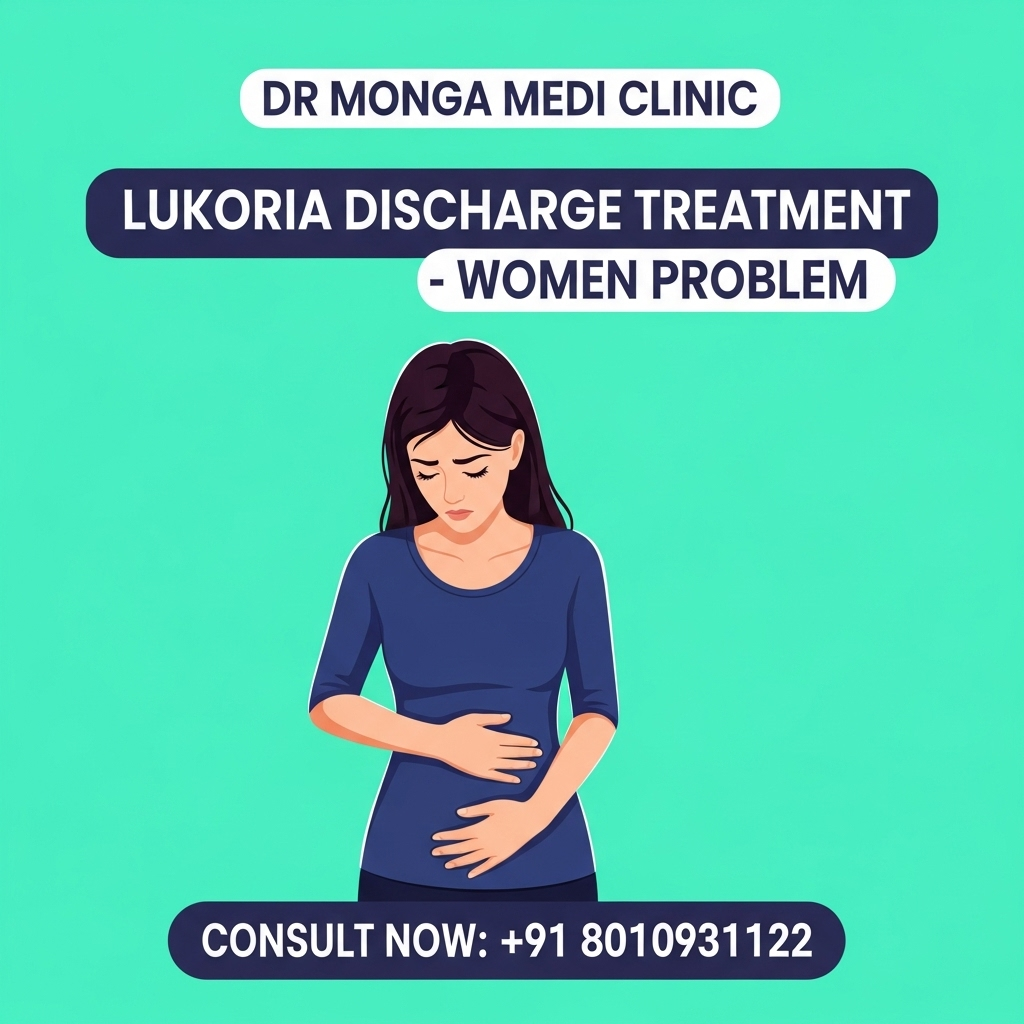
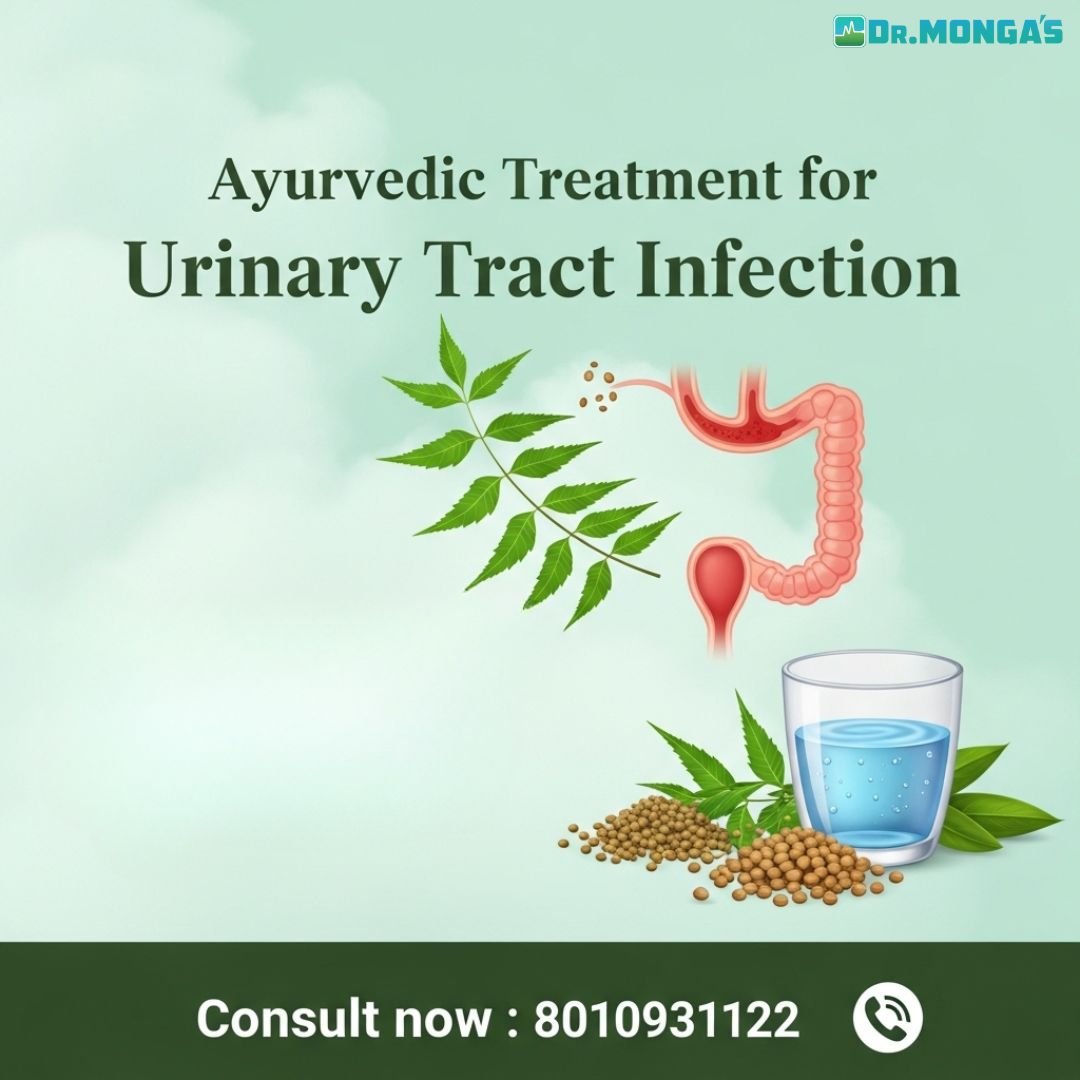


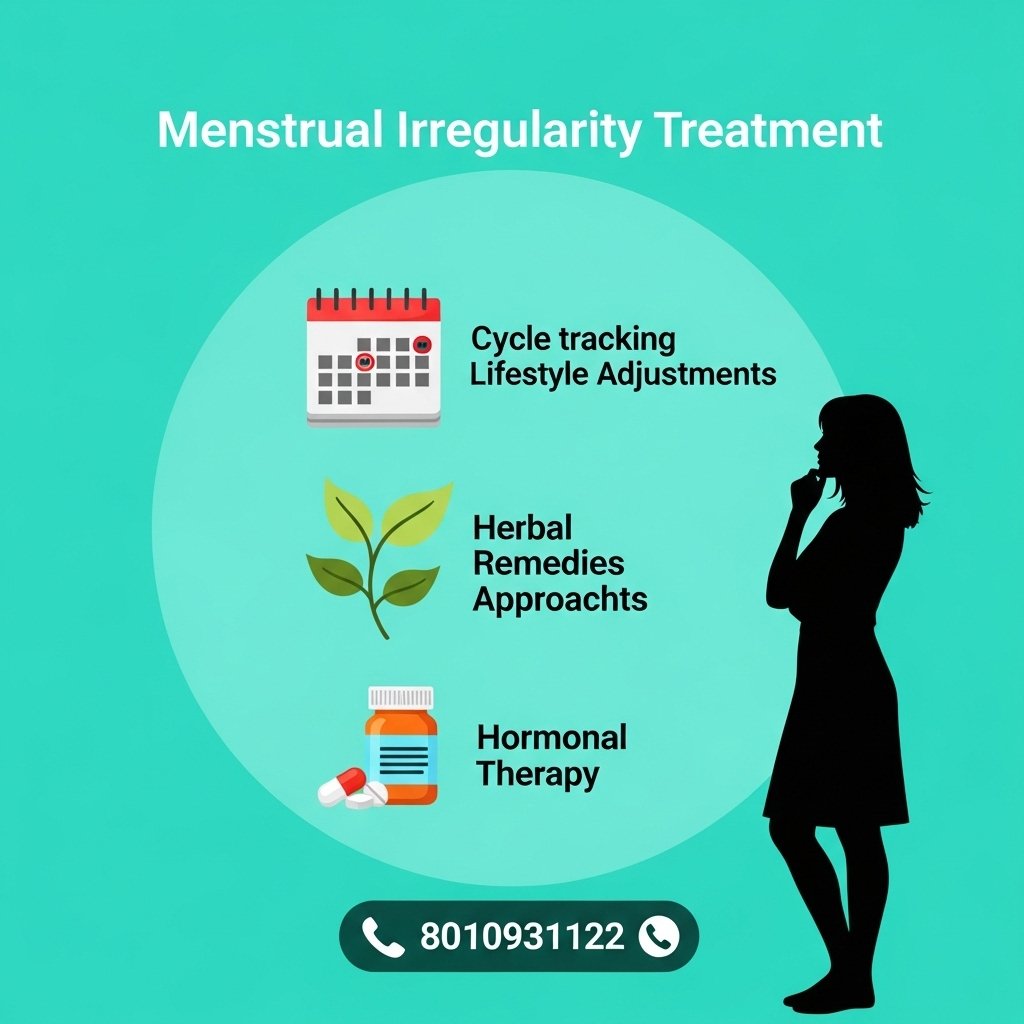
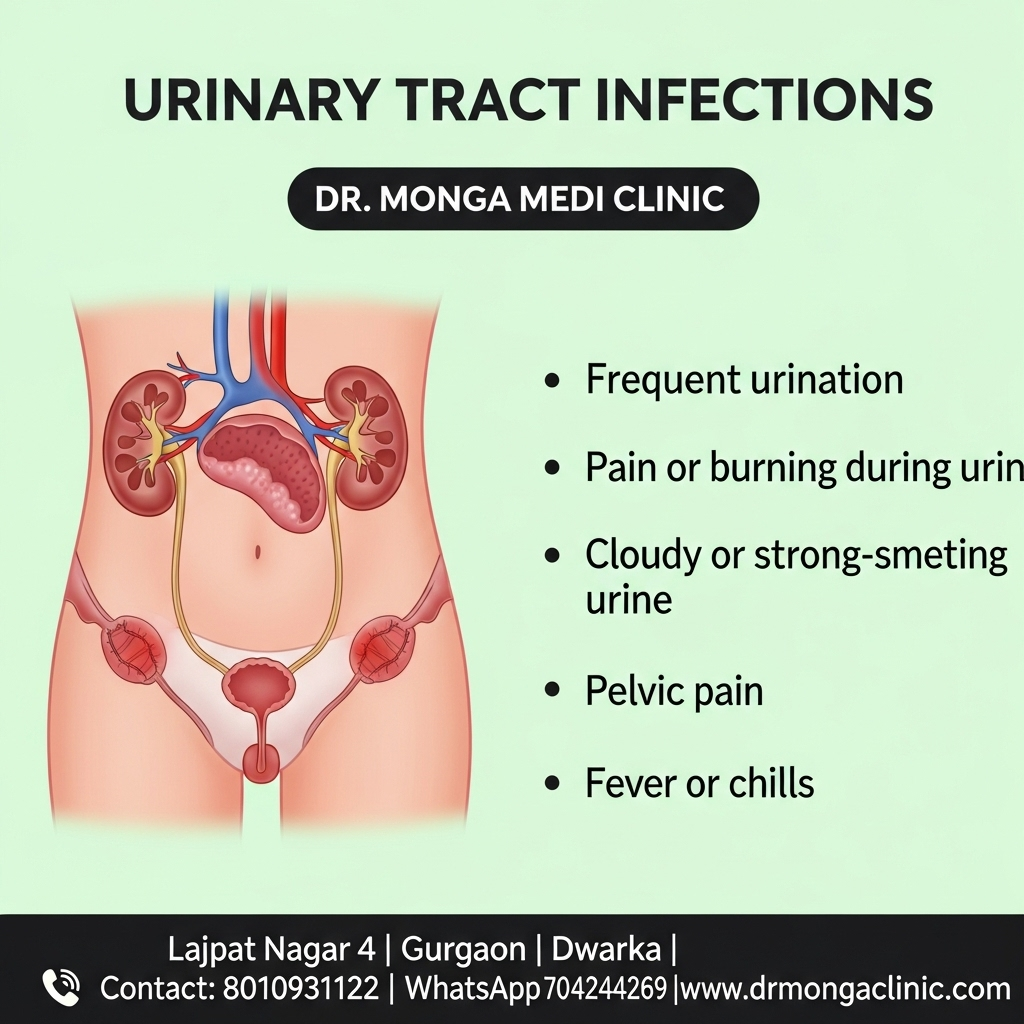
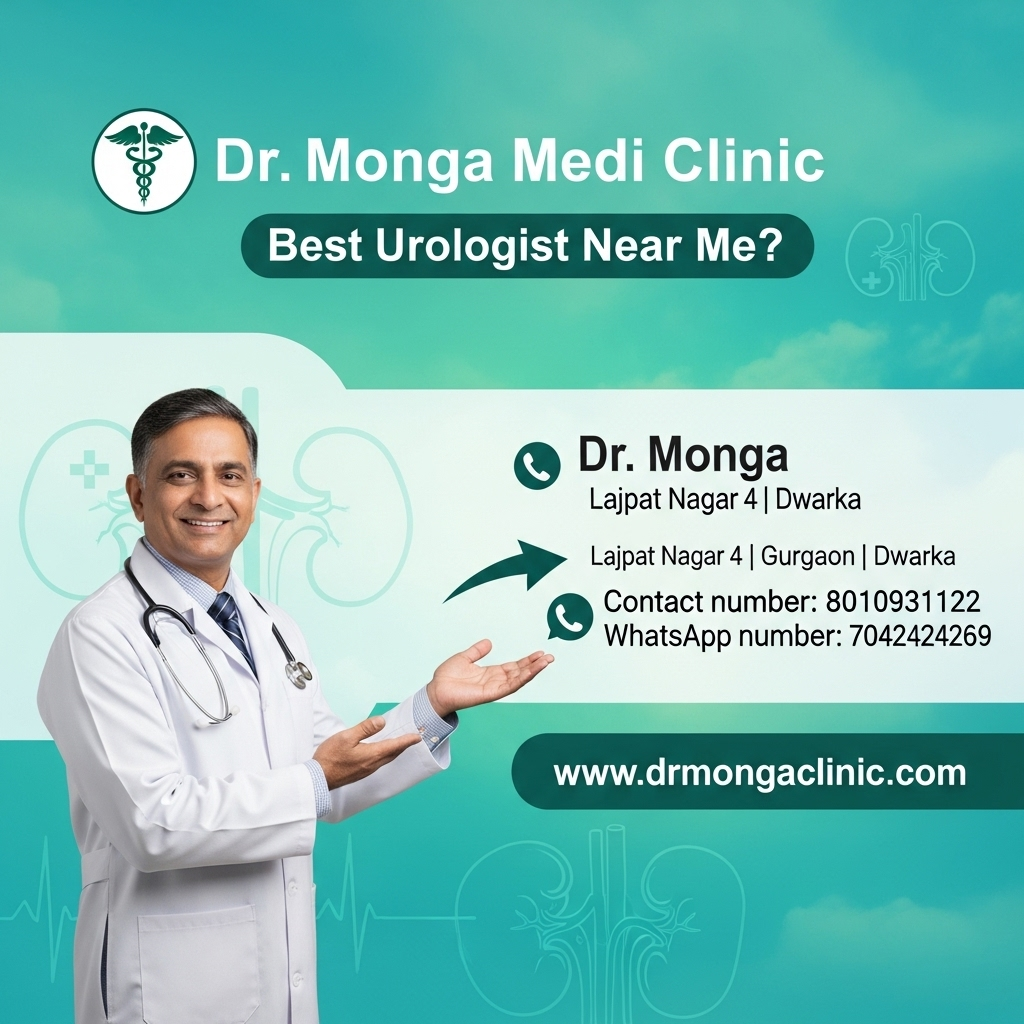
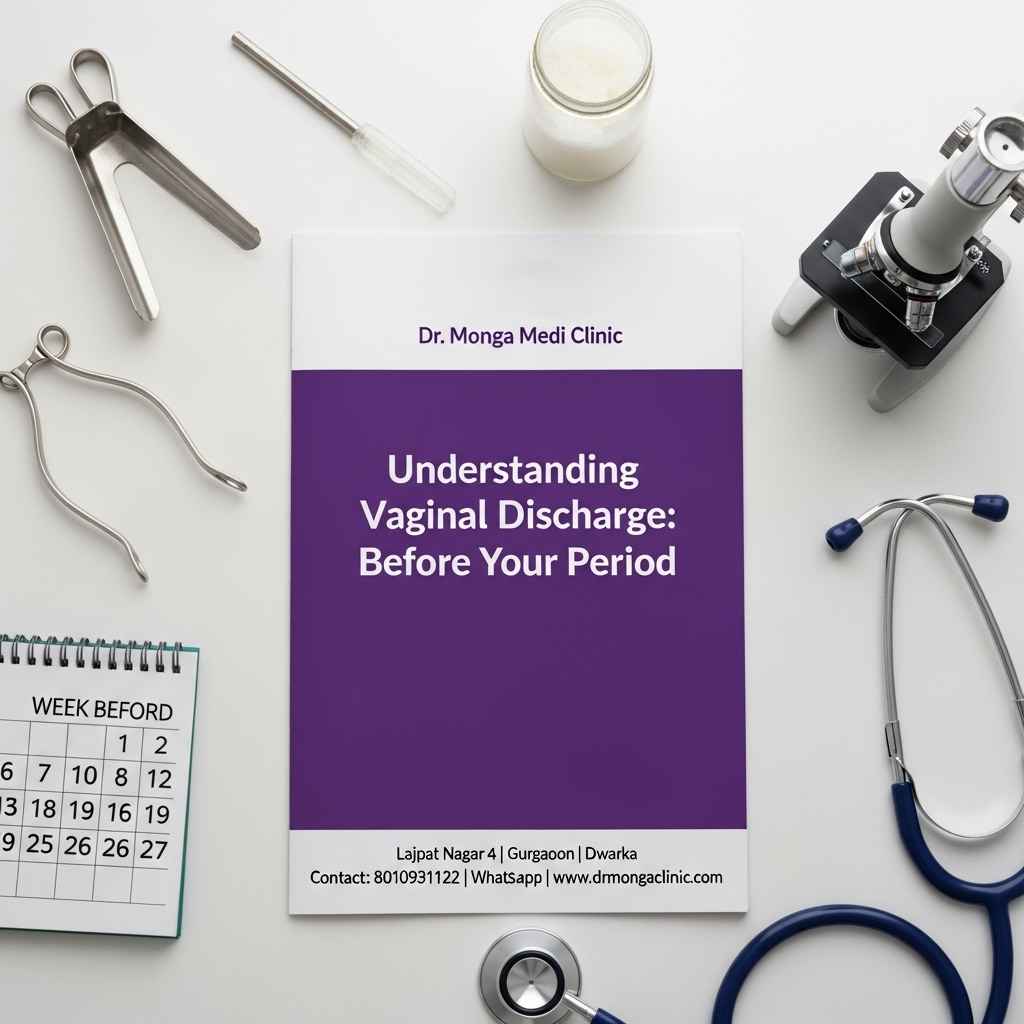

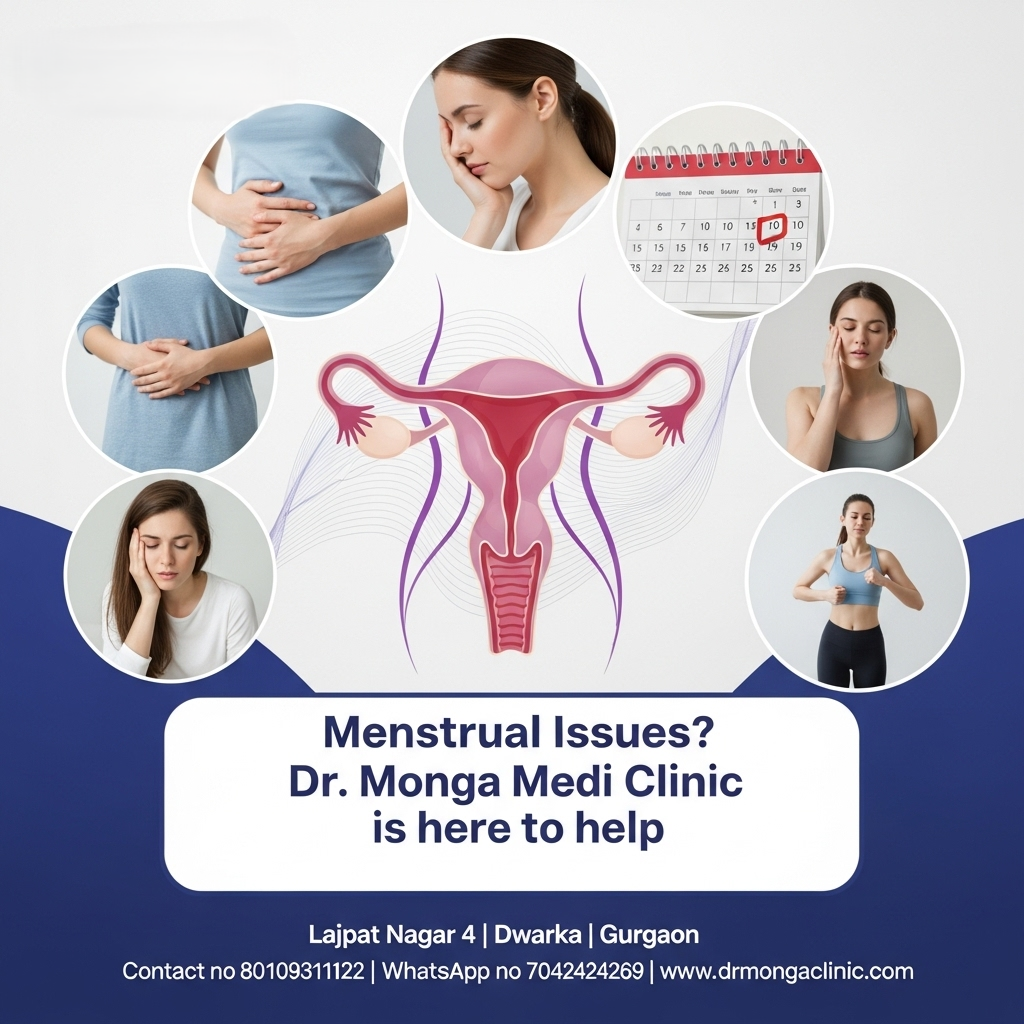
Leave a Reply